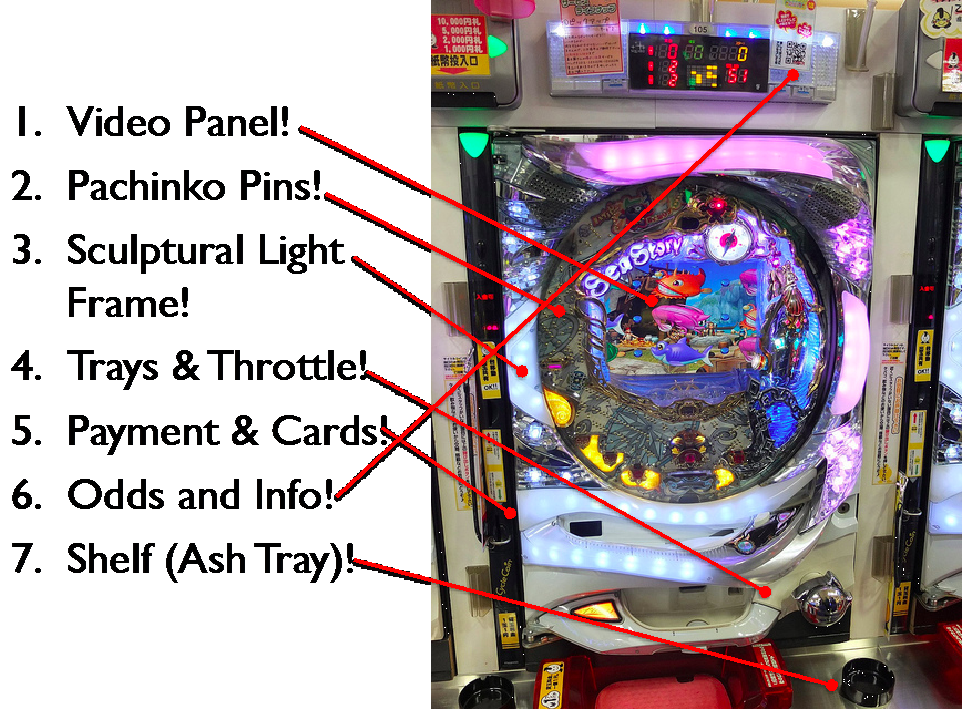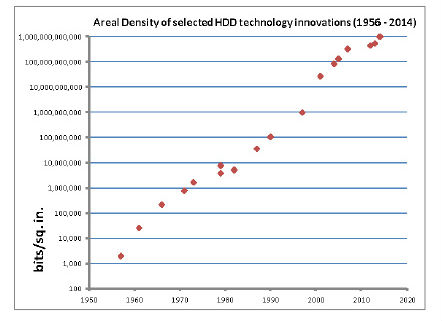The NPR show Planet Money aired a show in 2014 on When Women Stopped Coding that looks at why the participation of women in computer science changed in 1984 after rising for a decade. Unlike other professional programs like medical school and law school, the percent participation of women when from about 37% in 1984 down to under 20% today. The NPR story suggests that the problem is the promotion of the personal computer at the moment when it became affordable. In the 1980s they were heavily marketed to boys which meant that far more men came to computer science in college with significant experience with computing, something that wasn’t true in the 70s when there weren’t that many computers in the home and math is what mattered. The story builds on research by Jane Margolis and in particular her book Unlocking the Clubhouse.
This fits with my memories of the time. I remember being jealous of the one or two kids who had Apple IIs in college (in the late 70s) and bought an Apple II clone (a Lemon?) as soon has I had a job just to start playing with programming. At college I ended up getting 24/7 access to the computing lab in order to be able to use the word processing available (a Pascal editor and Diablo daisy wheel printer for final copy.) I hated typing and retyping my papers and fell in love with the backspace key and editing of word processing. I also remember the sense of comradery among those who spent all night in the lab typing papers in the face of our teacher’s mistrust of processed text. Was it coincidence that the two of us who shared the best senior thesis prize in philosophy in 1892 wrote our theses in the lab on computers? What the story doesn’t deal with, that Margolis does, is the homosocial club-like atmosphere around computing. This still persists. I’m embarrassed to think of how much I’ve felt a sense of belonging to these informal clubs without asking who was excluded.

